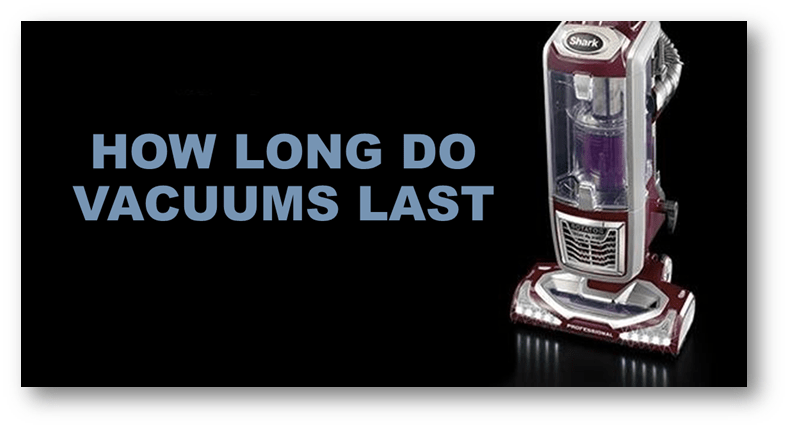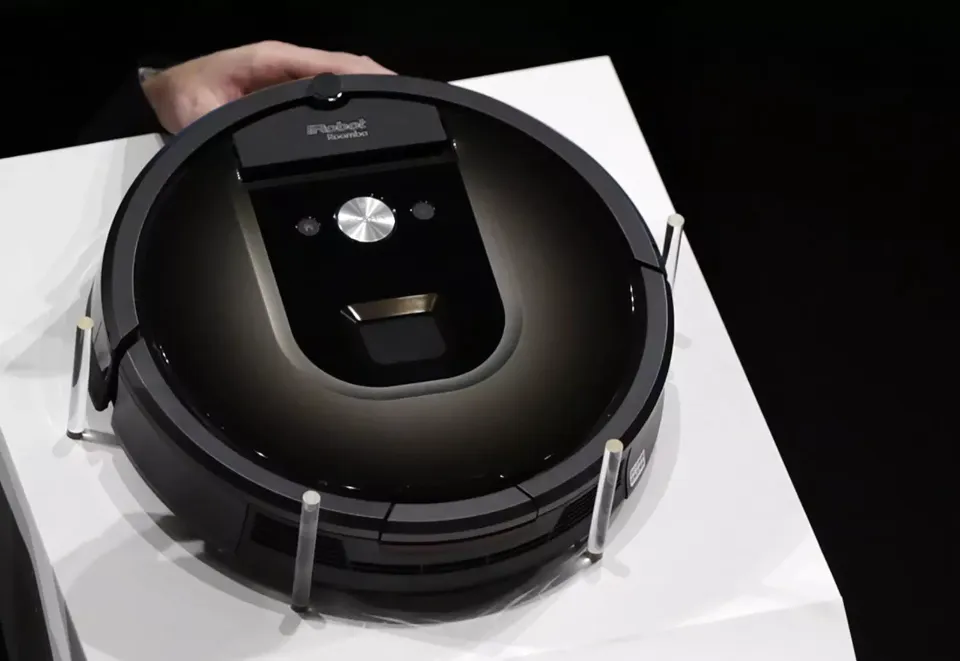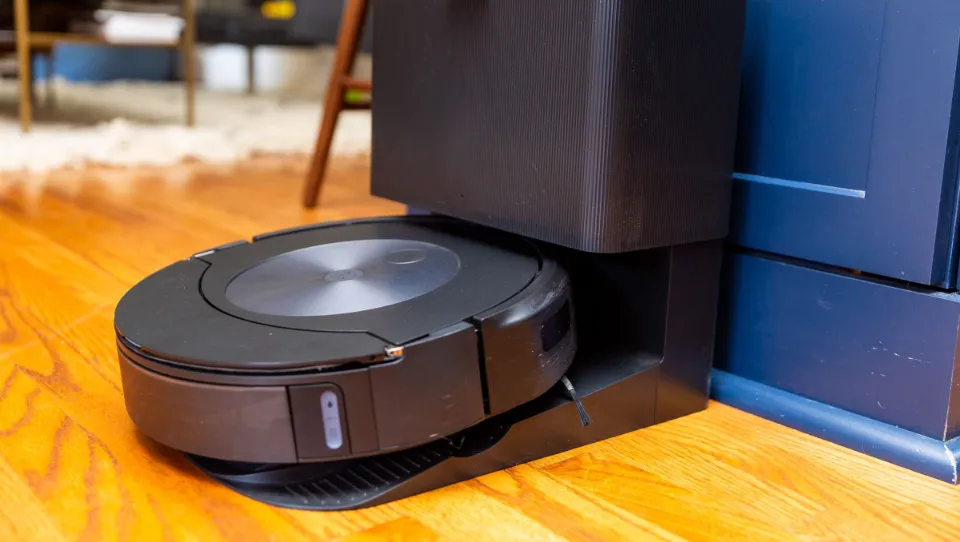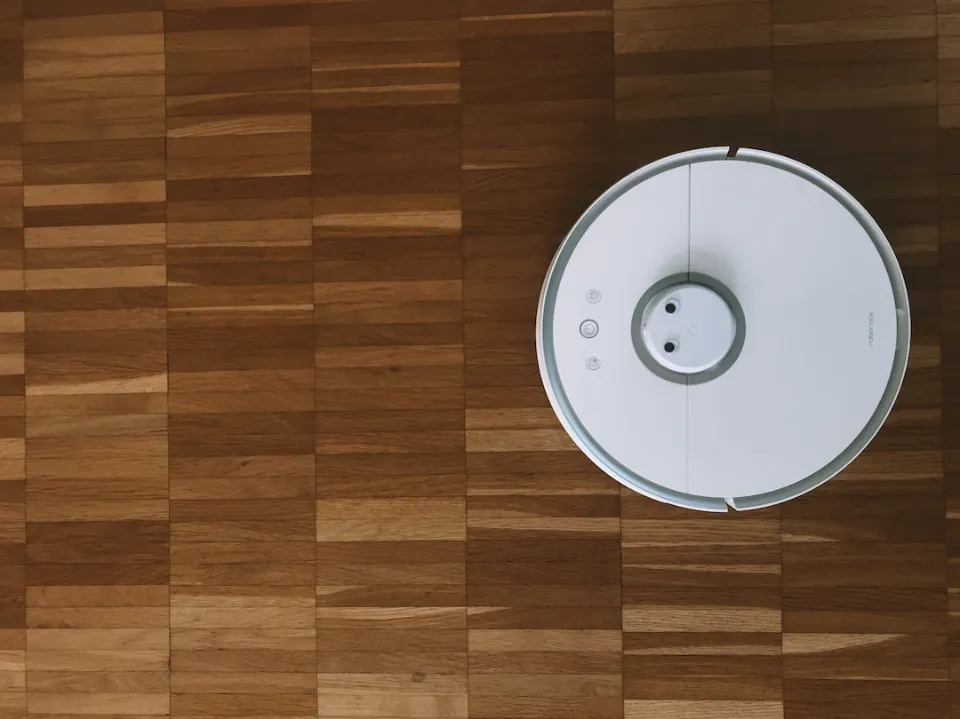Buying a vacuum cleaner is not so easy. Most of the time, we focus on branding, suction, or vacuum style. But one of the most important specifications to consider when buying a new product is its lifespan. There are several factors that can affect the life of a vacuum cleaner: for example, not only is the brand an important feature but how do you use a vacuum cleaner
Manufacturers don’t always tell you about the durability of a vacuum. That’s what we’re going to do. If you’re wondering how long a vacuum lasts, we can help you figure it out.
How Long Do Vacuums Last?
If we look at the average life of a vacuum cleaner, it’s about five years. But much depends on the vacuum itself and what it is used for.
Vacuum cleaners are equipped with a variety of maintenance-sensitive components. A good example is the motor of a vacuum cleaner, which gradually loses power the more it is used. On the other hand, if a robot vacuum cleaner keeps cleaning long hair, the robot vacuum in continuous use may only last half the time, or even less.
Types of Vacuums and Their Lifespan
Carbon Tank Vacuum
A carbon tank vacuum provides suction and power similar to an upright vacuum. They were also locked down. So you might expect a similar life span of eight years or more.
But they are seen as a more portable option. This could mean they are not durable enough and could be damaged by misuse.
Upright Vacuum
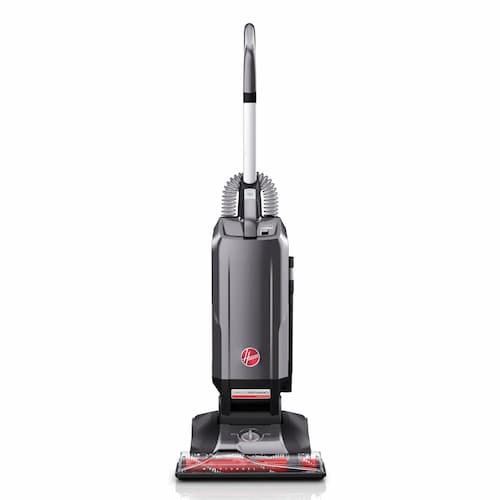
Considering the “original” vacuum design, the upright is the biggest and bulkiest type you can get. But you shouldn’t see it as just a negative.
Of course, they can be hard to store and carry around. But they are typically built to last, often with greater suction and stronger construction.
That means you could expect a vertical vacuum to last a long time — we could say close to the eight-year milestone or more.
Stick Vacuum
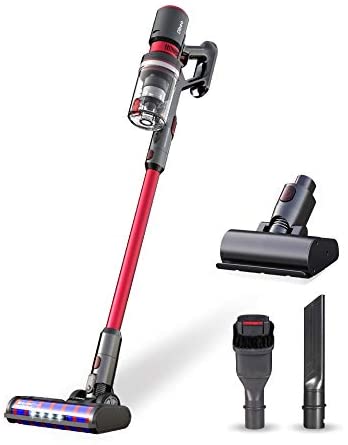
In addition, they are usually tied with ropes. This means you don’t have to worry about any battery life.
The stick vacuum cleaner is a kind of lightweight and versatile cleaning equipment. This makes them easy to use at home. But they won’t be the most persistent vacuum on record. Nor are they designed to clean heavily contaminated floors.
We estimate that the stick vacuum could last about five to eight years. The best-known brands are also likely to be more trustworthy when it comes to this style.
Hand-held Vacuum
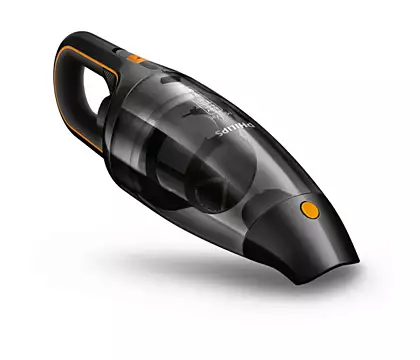
Hand-held vacuum cleaners are designed to be lightweight and easy to use at home and even in cars.
This motor is not as powerful as the other options, and they also use batteries. A hand-held vacuum will last about two to three years, depending on how well you take care of it.
Robot Vacuum
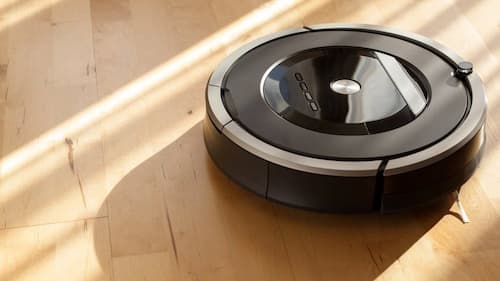
The vacuum cleaner is one of the latest inventions. This runs independently. If you’ve been working all day, or just want to relax and not worry about vacuuming, then a robot vacuum is ideal.
Unfortunately, they’re just not as solid as a vertical vacuum. They may also be more prone to trouble because you’re not working with them directly.
The robot vacuum cleaner is powered by batteries. If the batteries are built into a vacuum, that might mean you can’t replace them.
That means your vacuum will only last as long as the battery. Lithium-ion batteries may last longer than other types of batteries. But, again, robot vacuums may only last three to five years.
Factors That Influence How Long a Vacuum Lasts
Not Tidying up First
We know you want all the housework done and cleaned. But skipping the finishing phase could end up destroying your vacuum.
Small objects such as toys, coins, glass, and screws can break the vacuum. This includes luggage and, even worse, motors.
Careless with the power cord
If the power cord is not kept away from the vacuum during use, it can be cut and frayed by the electric brush. Ultimately, this will make your vacuum cleaner unsafe to use with exposed wires.
Also, make sure you don’t pull on the vacuum cleaner’s power cord.
Clean up the liquid
Some hand-held vacuum cleaners are designed to clean up light water spills and accidents. This is often referred to as having wet/dry vacuuming capability.
But most vertical, bucket pole and tank vacuum cleaners are not. If you try to vacuum the liquid, this may damage your machine. You’re also at risk of getting electrocuted.
So if you’re going to vacuum regularly, it’s best to use a mop or paper towel to remove the liquid.
Usage
The more you use a vacuum cleaner, the shorter its life will be. Regular use causes machines to suffer more wear and tear, especially if there is more space.
This is especially true if your floors and carpets are dirty and dirty because your vacuum cleaner has to work harder.
But misuse can also shorten the life of a vacuum cleaner. Examples of misuse include not using the correct height adjustment for high pile carpets or not choosing the right size for your needs.
For example, sticks, hand-held, and robot vacuum cleaners are not suitable for heavily polluted floors. Switch to a vertical vacuum cleaner.
Maintenance
One of the most important factors you can control is maintenance. If you take good care of your vacuum cleaner, you may get more use out of it for many years to come. We’re talking about washing it at least once a month.
Also, if you encounter a problem, don’t ignore it. For example, if there is a strange noise or sudden loss of suction, the vacuum can still be repaired.
Cleaning the vacuum regularly may help to extend the life of the model. We have some tips for you to follow.
Brand
Manufacturers play a huge role in controlling vacuum life. In general, a larger brand of vacuum cleaner tends to be better than an unbranded local store product.
Such brands typically have more money to invest in premium components. They may also complete product research, and these companies often have higher standards.
They can also provide you with a vacuum warranty. It’s very good for peace of mind. But more importantly, it may indicate how long the brand expects the product to last.
Tips For A Longer Lifespan
We want to vacuum for as long as possible. We’re happy to give you tips on how you can extend the life of your vacuum cleaner!
- Clean and replace vacuum cleaner filters in time to improve cleaning efficiency.
- Don’t let pet hair build up in your vacuum cleaner.
- Invest with a five-year warranty or a two-year warranty.
- Periodically empty the tank in a bagless vacuum.
- Invest with a five-year warranty or a two-year warranty.
- Contact customer service to help with repairs.
- Only suck up what it is intended for
Conclusion
If you buy a good quality vacuum cleaner, it will last anywhere from five to 20 years or more. Also, keep in mind that proper vacuum maintenance plays an important role in extending the life of a vacuum cleaner and keeping the unit running at optimum efficiency.
related post: How Do Vacuum Cleaners Work?
